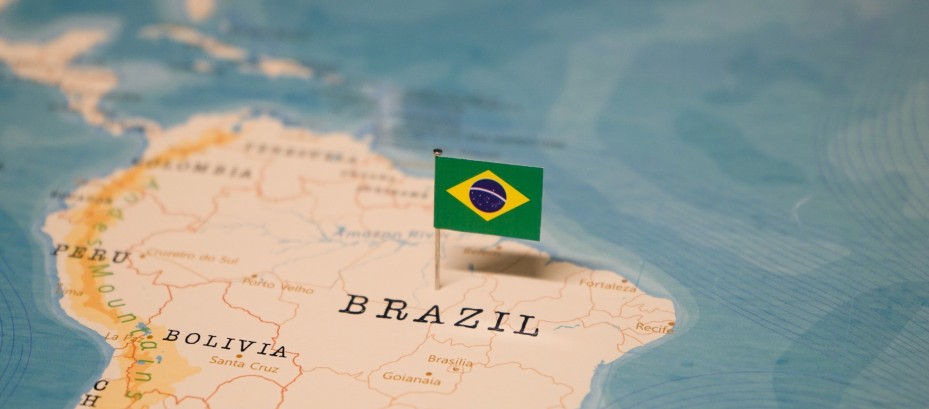
Bookmakers that missed the deadline can still apply for a licence but will miss out on the market’s opening.
As Brazil moves steadily towards a regulated online sports betting market, dozens of new companies have submitted applications for a licence. On the final day for submissions alone, Brazil recorded over 50 new applications.
Fewer Companies Applied for a Licence Than Expected
The final day for licence applications was 20 August. To date, 113 companies have applied for a licence, including many leading operators. While this figure is impressive, it falls short of the 134 gambling companies that initially expressed interest.
Brazil began accepting applications on 21 May. Five days later, Kaizen Gaming, a Greek operator, became the first company to submit an application. In the days that followed, several Brazilian gaming entities also filed their applications.
Some of the most well-known operators to request a licence include Betfair, Betsson, Stake.com, Caesars Entertainment, Sportingbet, and bet365, among other prominent names.
While some companies aimed to submit their applications as early as possible, many operators chose to file towards the end of the licensing window, ensuring they were fully prepared and had a comprehensive understanding of Brazil’s regulatory framework.
According to the official list of applications available on Gov.br, the last three companies to submit their applications were PUSKAS BET ADMINISTRADORA DE APOSTAS ESPORTIVAS LTDA, G2 NEGOCIOS DIGITAIS LTDA, and AF TECNOLOGIA E SOLUCOES FINANCEIRAS LTDA.
The companies that opted to file their applications on 20 August had a certain advantage over their competitors, as they were able to familiarise themselves with the final set of rules published earlier this month.
First Come, First Served
Bookmakers that missed the deadline can still apply for a licence. However, the licensing process for these companies is likely to take significantly longer, potentially causing them to miss the market’s opening.
Applicants were required to comply with Brazil’s regulatory framework and meet a range of conditions. For instance, international companies were required to establish a local headquarters and create a subsidiary with a Brazilian national holding over 20% of the share capital. In addition to paying a licensing fee, companies were also required to maintain a financial reserve of at least BRL 5 million.
Brazil’s regulated gaming market is scheduled to launch on 1 January 2025. Applicants who submitted their applications within the initial period will be able to offer their products as soon as the market opens.
Brazil has long been one of the largest untapped markets for regulated gaming. Analysts project that regulated betting could generate as much as $34 billion in betting turnover by 2028.
 English
English 
 Shawon
Shawon 